Table of Contents
In recent years, technology has been playing a pivotal role in reshaping healthcare systems around the world. The integration of innovative technologies into medical practices is not just a trend, but a fundamental shift that promises to revolutionize the way healthcare is delivered, diagnosed, and managed. One of the most transformative forces in modern healthcare is the use of advanced computing technologies in diagnostic tools, personalized treatments, drug development, and healthcare delivery, particularly in underserved regions. These technologies are enhancing patient care, improving healthcare efficiency, and paving the way for a more accessible and effective global healthcare system.

Revolutionizing Diagnostics
The integration of intelligent systems in diagnostic tools has significantly improved the accuracy and speed of medical diagnoses. Traditional diagnostic processes often involve a human error margin, leading to delayed or inaccurate diagnoses. However, intelligent algorithms can process and analyze vast amounts of patient data in a fraction of the time it takes a human to manually assess the information.
For example, imaging technologies like radiology and pathology have benefited immensely from these systems. Algorithms are now capable of analyzing X-rays, MRIs, CT scans, and even pathology slides with precision that rivals or even surpasses human specialists. This not only allows for faster diagnoses but also ensures early detection of diseases like cancer, heart disease, and neurological disorders, which can be critical in saving lives.
Additionally, machine learning (ML) models are trained to detect patterns in medical data, enabling more accurate predictions of diseases based on symptoms, history, and genetic information. This level of predictive power allows for quicker intervention and personalized care plans that were previously impossible to achieve on such a scale.
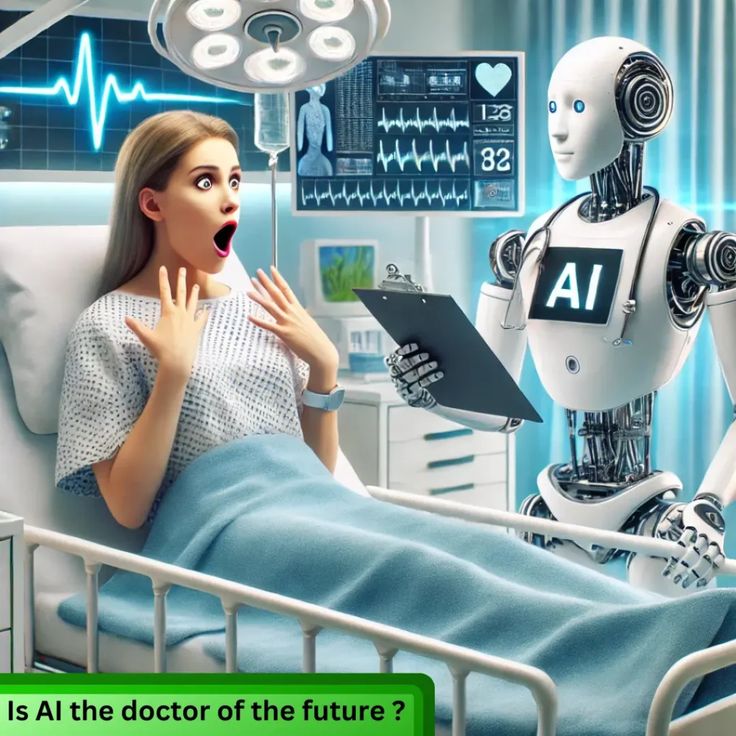
Personalized Treatments and Precision Medicine
One of the most significant contributions of technological systems to healthcare is in the field of personalized medicine. Unlike the one-size-fits-all approach that has been the standard for much of modern medicine, personalized treatment plans are tailored to individual patients based on their genetic makeup, environment, and lifestyle. This is where genomic data plays a crucial role.
Advanced systems can now analyze a patient’s genetic data to predict how they will respond to specific treatments. This ensures that patients receive the most effective therapies, reducing the trial-and-error method often associated with traditional treatments. For instance, cancer patients can be treated with therapies targeted specifically at the genetic mutations driving their cancer, increasing the likelihood of successful treatment.
Pharmacogenomics, which studies how genes affect a person’s response to drugs, is another area where technology is making a tremendous impact. By analyzing genetic profiles, healthcare providers can predict which medications will be most effective for an individual, minimizing side effects and maximizing efficacy.
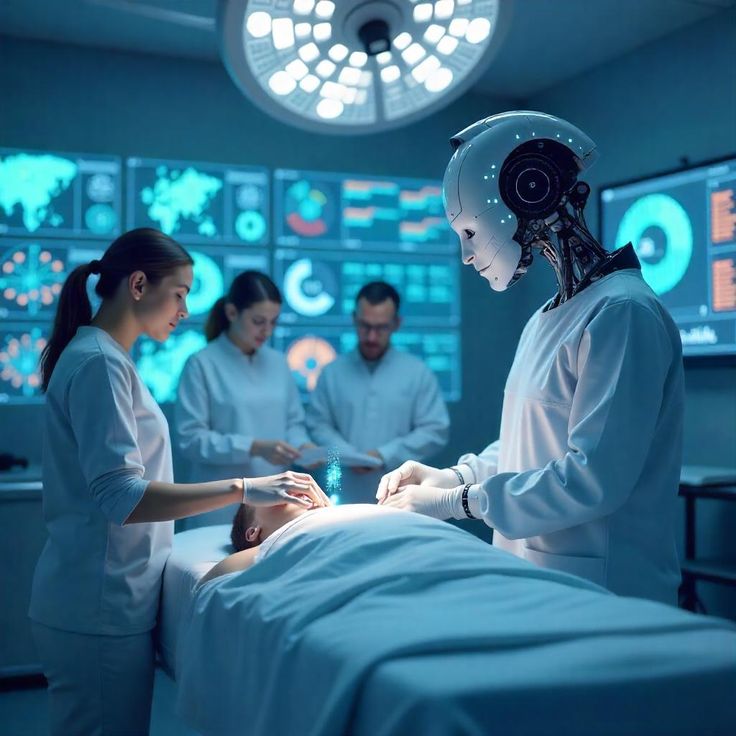
AI-Powered Drug Development
The development of new drugs is a time-consuming and expensive process, typically taking years and significant resources. However, intelligent systems are shortening this timeline, enabling pharmaceutical companies to discover new treatments more quickly and at a lower cost. By simulating biological systems and analyzing vast datasets, technology can identify potential drug candidates much faster than traditional methods.
One of the key advances is in drug repurposing, which uses technology to find new uses for existing drugs. By analyzing extensive databases of clinical trials, medical records, and scientific literature, AI models can identify drugs that might work against diseases other than the ones they were originally intended for. This process not only speeds up the time it takes to bring new drugs to market but also reduces the cost of research and development.
In addition to speeding up drug discovery, intelligent systems are improving clinical trials by better identifying patient cohorts that will benefit from the trial. AI is capable of analyzing vast amounts of data from diverse sources, allowing for more precise and effective trials, which ultimately lead to faster approval and availability of new medications.
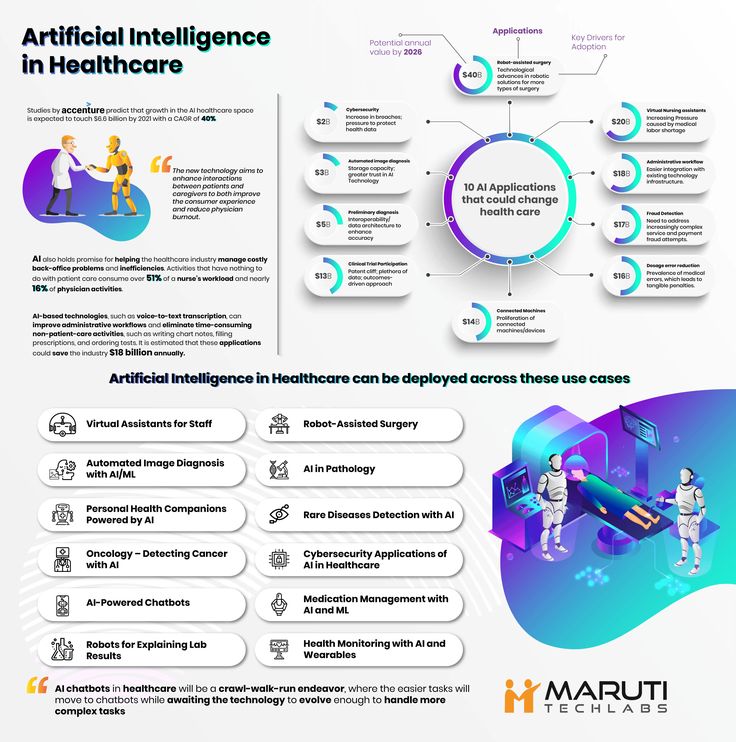
Transforming Healthcare Delivery in Rural and Remote Areas
Access to healthcare remains a significant challenge in many parts of the world, particularly in rural and remote regions. Intelligent systems are breaking down these barriers by enabling remote healthcare services. Telemedicine has already become an essential part of the global healthcare landscape, especially during the COVID-19 pandemic, and continues to grow.
Advanced platforms are enabling doctors to consult patients in real time, diagnose diseases through imaging, and monitor patients remotely using wearable health devices. These platforms are not only improving access to healthcare but are also reducing the cost of healthcare delivery. Rural populations, who often face the challenge of traveling long distances to access quality care, now have the opportunity to receive medical attention without ever leaving their homes.
Moreover, mobile health apps and devices are empowering individuals to take charge of their health. These tools can track vital signs, manage chronic conditions like diabetes, and even offer mental health support, all through a mobile device. By expanding access to healthcare services, technology is playing a crucial role in improving health outcomes, particularly for underserved populations.
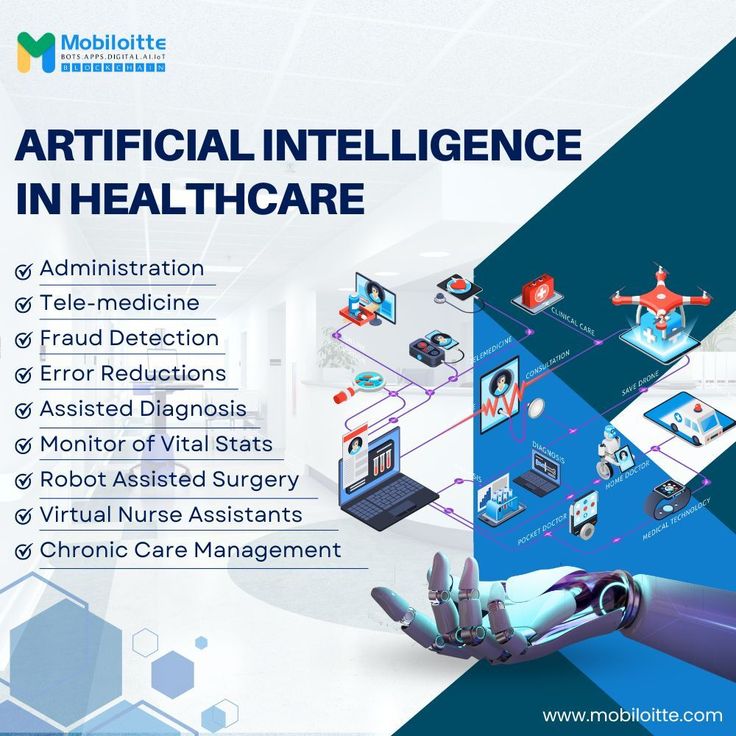
The Future of Healthcare Technology
As we look to the future, the potential for technology to transform healthcare is virtually limitless. Advancements in robotic surgery, virtual health assistants, blockchain for health data security, and wearable medical devices are just a few examples of the innovations on the horizon.
Furthermore, the integration of artificial intelligence with Internet of Things (IoT) devices will allow for real-time, continuous monitoring of patients’ health status, enabling proactive intervention and preventing major health crises before they arise.
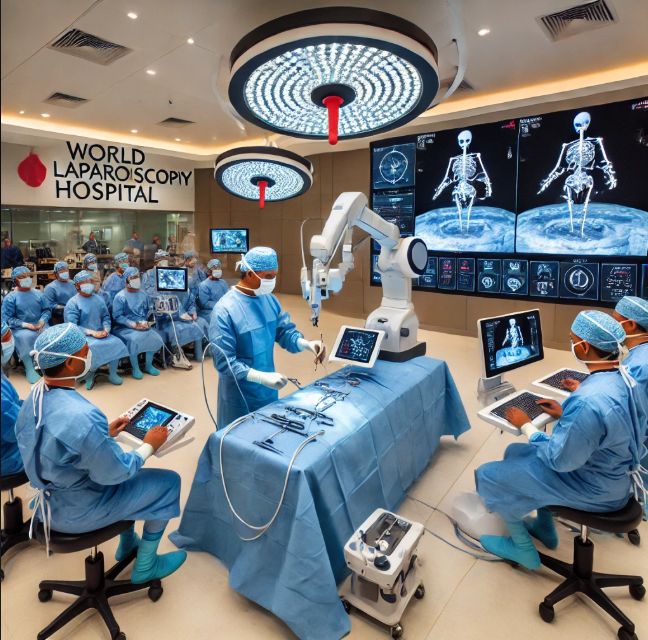
Challenges and Ethical Considerations
While the benefits of intelligent healthcare systems are clear, there are challenges and ethical considerations that must be addressed. Issues surrounding patient data privacy, the reliability of machine-driven decisions, and the need for proper regulation must be carefully navigated to ensure these technologies are used responsibly and effectively.
Moreover, there is a risk that the digital divide may worsen inequalities in healthcare, particularly between developed and developing nations. As technology continues to evolve, ensuring equitable access to these innovations will be critical in achieving global healthcare improvement.
Conclusion
The integration of advanced technologies in healthcare is undoubtedly transforming the global healthcare landscape, bringing hope for better diagnosis, treatment, and accessibility. From early disease detection to personalized medicine and AI-powered drug development, technology is reshaping how healthcare is delivered and improving outcomes for patients worldwide. However, it is essential that these innovations be deployed responsibly, ensuring equitable access and safeguarding patient privacy.
As we continue to witness these advancements, it is clear that technology is not only revolutionizing healthcare but is also paving the way for a healthier, more connected world in the years to come.
Author Profile
- Syed Tahir Abbas is a Master's student at Southwest University, Chongqing, specializing in international relations and sustainable development. His research focuses on U.S.-China diplomacy, global geopolitics, and the role of education in shaping international policies. Syed has contributed to academic discussions on political dynamics, economic growth, and sustainable energy, aiming to offer fresh insights into global affairs.
Latest entries
 U.S. Foreign PolicyFebruary 2, 2026AI and Grand Strategy: The Case for Restraint – Navigating the Future of American Power
U.S. Foreign PolicyFebruary 2, 2026AI and Grand Strategy: The Case for Restraint – Navigating the Future of American Power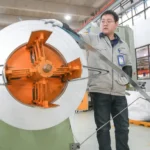 National SecurityJanuary 31, 2026Treating China’s Connected Energy Systems as a National Security Risk
National SecurityJanuary 31, 2026Treating China’s Connected Energy Systems as a National Security Risk Global HealthJanuary 29, 2026The Future of the WHO—and How the United States Can Shape It
Global HealthJanuary 29, 2026The Future of the WHO—and How the United States Can Shape It Global TradeJanuary 22, 2026Trump Cancels Tariffs on European Nations Over Greenland Pursuit?
Global TradeJanuary 22, 2026Trump Cancels Tariffs on European Nations Over Greenland Pursuit?


1 comment
Your point of view caught my eye and was very interesting. Thanks. I have a question for you.